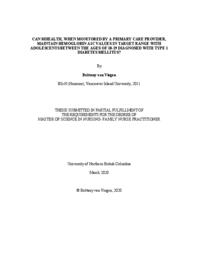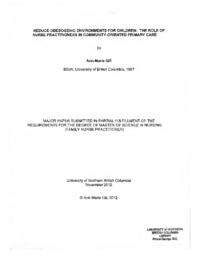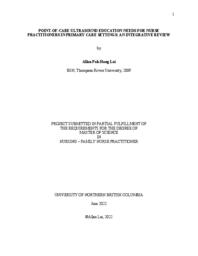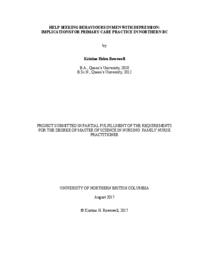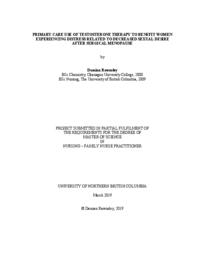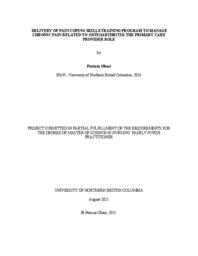119 Results
Card Results Facet Summary
Digital Document
Metabolic syndrome consists of a combination of abdominal obesity, dyslipidemia, hypertension, and elevated glucose levels. Metabolic syndrome is prevalent in North America with upwards of 20% of adults meeting criteria for the condition. It is…
Digital Document
Diabetes mellitus is an international epidemic affecting millions of individuals worldwide. In Canada, an estimated 3.4 million individuals are living with diabetes mellitus— approximately 9.3 percent of the total population (Canadian Diabetes…
Digital Document
Point-of-care ultrasonography (POCUS) is the process of operating a compact ultrasound machine at a patient’s location and immediately integrating the images generated into patient care. POCUS can help nurse practitioners (NPs) make more accurate…
Digital Document
Chronic pain is a significant problem that negatively affects quality of life resulting in distress, disability, and inappropriate prescription of analgesics. Primary care providers need evidence for non-pharmaceutical tools, such as mindfulness-…
Digital Document
Heart failure is a chronic, progressive disease that remains on the rise partially due to improvements in preventing cardiac related mortality from other causes. Implanted cardioverter defibrillators are indicated for patients that are at high risk…
Digital Document
Background: Some Indigenous people suffer from a disproportionate prevalence of life limiting conditions, with increased mortality and decreased life-expectancy compared to non-Indigenous populations. Reduced uptake of palliative care services by…
Digital Document
Digital Document
Osteoarthritis (OA) is the primary form of arthritis that affects a large portion of the Canadian population. With expected increases in OA prevalence over time, the magnitude of outcomes related to inadequate pain control will place further burdens…
Digital Document
Digital Document
Digital Document
The aim of this integrative review is to explore how mindfulness training affects postpartum
anxiety (PPA) and/or postpartum depression (PPD). PPA and PPD can have negative effects on
the postpartum (PP) person and child’s health, and which can…




